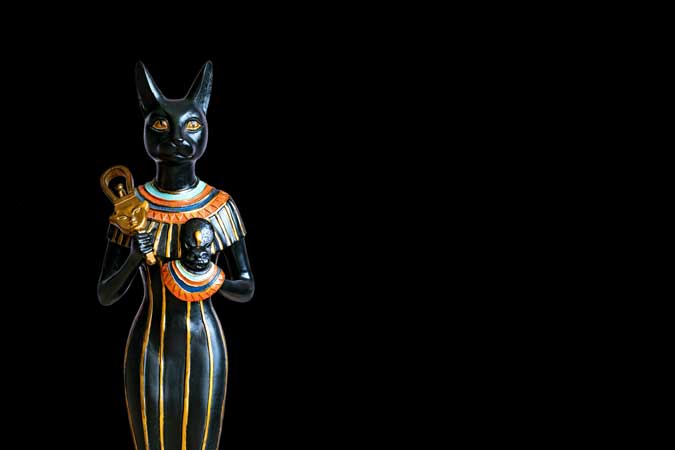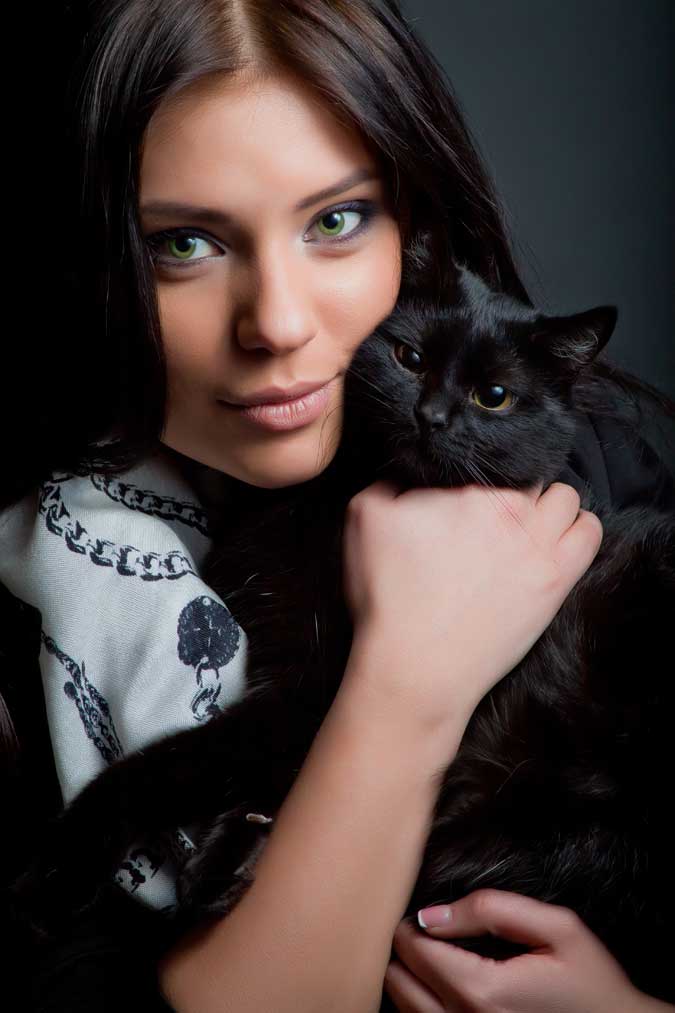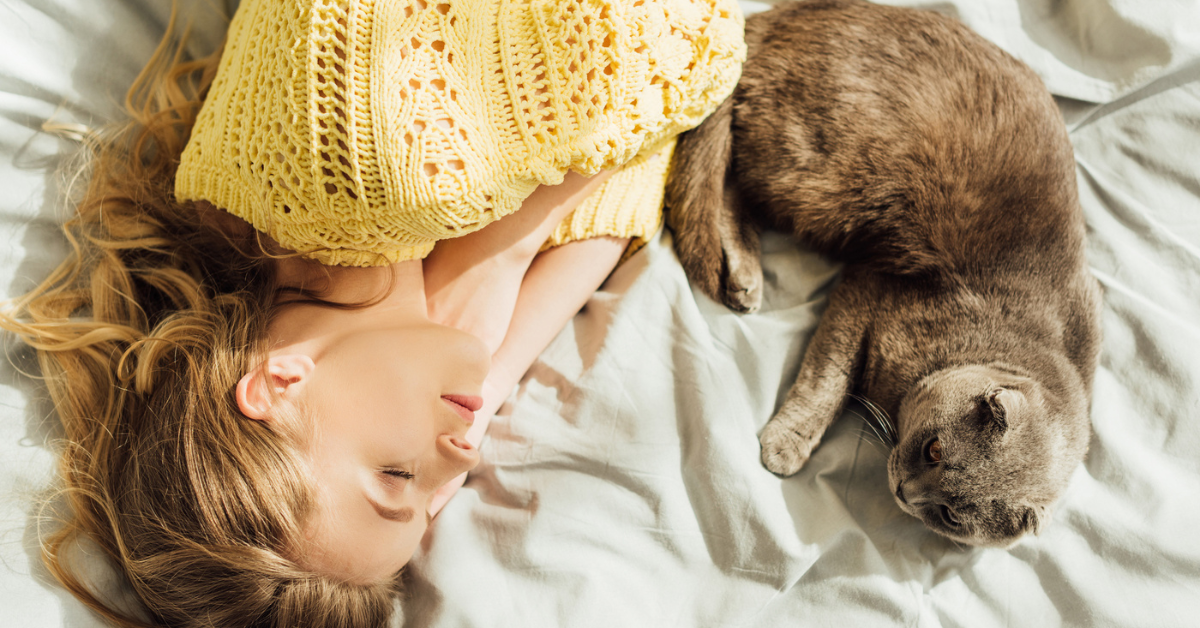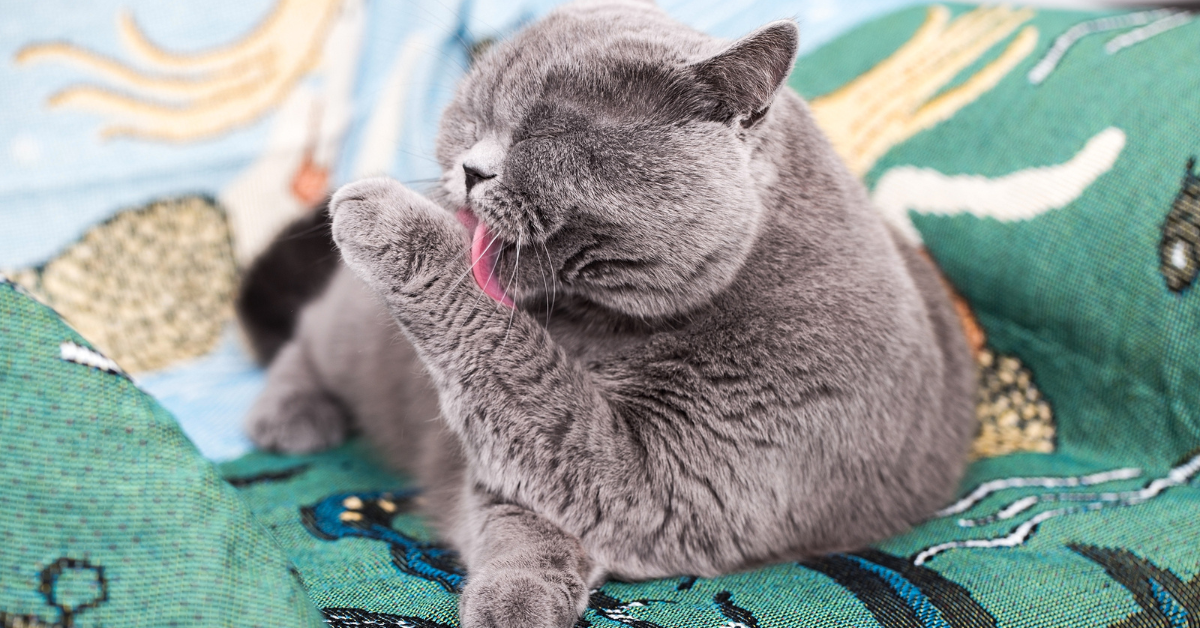Are Black Cats Bad Luck?

I know we have all heard the superstitions surrounding black cats, right? Well, whether you have or have not, you might want to read on because we will be diving deep and talking about where the superstitions originated, whether they are true or not, and the impact they have on black cats today.
WHERE DOES THE SAYING ORIGINATE?
It is believed that the association of black cats bringing bad luck began in the middle ages. In European folklore, it is believed that a man and his son walked across a black cat. When they started tossing rocks at the cat, it ran away and sought shelter in a woman's house whom everyone suspected to be a witch. When the woman came out limping the next day, rumors spread that the cat was just the woman in disguise. The superstition got even worse when the Pilgrims arrived at Plymouth.
They were a very religious and suspicious group who viewed black cats as a companion to witches. Cats' nighttime roaming and their eyes that "glow" at night made it worse because they started to get associated with darkness and evil and anyone with a black cat was severely punished and sometimes even killed.
WHERE ARE CATS BELIEVED TO BE BAD LUCK?
In most of the western world, black cats are symbols of Halloween, bad luck, and are often associated with witches. For example, in Europe, it is believed that when a black cat walks across your path, it is a supposed sign for misfortune and death. Specifically in Germany, if a cat walks across your path from left to right, it is considered bad luck while the opposite is believed if a cat walks across your path from right to left.
WHERE ARE CATS BELIEVED TO BE GOOD LUCK?
While black cats are believed to be signs of a bad omen in western cultures, in some cultures, black cats are a sign of a good omen. First, in Egypt, Basket was a goddess who was depicted as a woman with the head of a black cat. It was believed that having a black cat would bring goodwill from her. In ancient Egypt, cats were highly respected due to their ability to kill mice, rats, and even snakes. The Cats were known to wear gold jewelry and were allowed to eat from the same plate as their owners. Second, in Japan, black cats are seen as good omen. If a black cat walks across your path, it is a sign of good luck and for women, Japanese culture believes that having a black cat helps single women attract more fine suitors for marriage.

ADOPTION OF BLACK CATS
Contrary to popular beliefs, black cats do get adopted at a pretty good rate. While many people associated with shelters and the pet adoption process will tell you that black cats are less likely to get adopted, the data says different contradicting things. Vice President of the ASPCA, Dr. Emily Weiss states that while it is true that shelters and rescue facilities are receiving many black cats compared to other coat-colored cats, an equally large number of them are also getting adopted. The problem is that black cats are likely to spend more time at a shelter before getting adopted.

A study was conducted in 2013 to assess the impact of a cat's color on the time required for adoptions and found that black cats required the longest time before getting adopted than other colored cats. Couple this with the idea that shelters are suggested to limit the adoption of black cats in October due to ritualistic associations with black cats that could lead to them getting tortured during Halloween then you will understand the hard life of black cats.
CONCLUSION
Some cultures believe that black cats are bad luck while others believe they bring good luck. The idea that black cats are bad luck or good luck are just beliefs based in middle age folklore. At the end of the day, black cats are purrfect creatures that deserve to be loved just as much as other colored cats.
Sources:
- https://www.researchgate.net/publication/305766174_Cats_in_Animal_Shelters_Exploring_the_Common_Perception_that_Black_Cats_Take_Longer_to_Adopt
- https://www.mentalfloss.com/article/53397/why-are-black-cats-considered-bad-luck
- https://www.ctpost.com/local/article/Why-black-cats-are-harder-to-adopt-14567794.php
- https://www.bcarl.net/post/the-truth-about-black-cats
- https://www.peta2.com/news/black-cats/
- https://www.smithsonianmag.com/smart-news/if-you-want-adopt-black-cat-you-may-have-wait-until-halloween-is-over-180960868/
- https://www.britannica.com/topic/Bastet
- https://www.thesprucepets.com/black-cat-folklore-554444
- https://www.ethosvet.com/blog-post/where-did-black-cats-get-their-bad-rep/
- https://figopetinsurance.com/blog/good-fortune-black-cats
- https://www.kqed.org/pop/30174/heres-why-we-think-black-cats-are-bad-luck
Previous article

Next article

Related posts
View all-

5 Simple Tips to Make Sure Your Cat Drinks Enough Water
Ensuring your cat stays hydrated is important, but it can be challenging since many cats don't drink enough water. Dehydration can lead to kidney disease and other health issues. Fortunately, you can encourage your cat to drink more with a few simple changes. Read Article -

How to Keep Your Cat Busy at Night (So You Can Sleep)
For many cat owners, the quest for a good night's sleep while keeping their feline friends content and engaged can seem like a never-ending battle. Cats, naturally more active at night or early in the morning, often disrupt your sleep schedules with nocturnal activity, whether through playful nature or seeking attention. Read Article -

Should You Bathe Your Cat? Everything You Need to Know About Cat Hygiene
When it comes to cat hygiene, a common question among cat owners is, "Should you bathe your cat?" Understanding how to care for felines, especially bathing cats properly, is crucial for maintaining their overall health. Most cats are fastidious groomers, but specific scenarios like long-haired cats getting dirty or skin irritations, might require a bath.
Read Article



